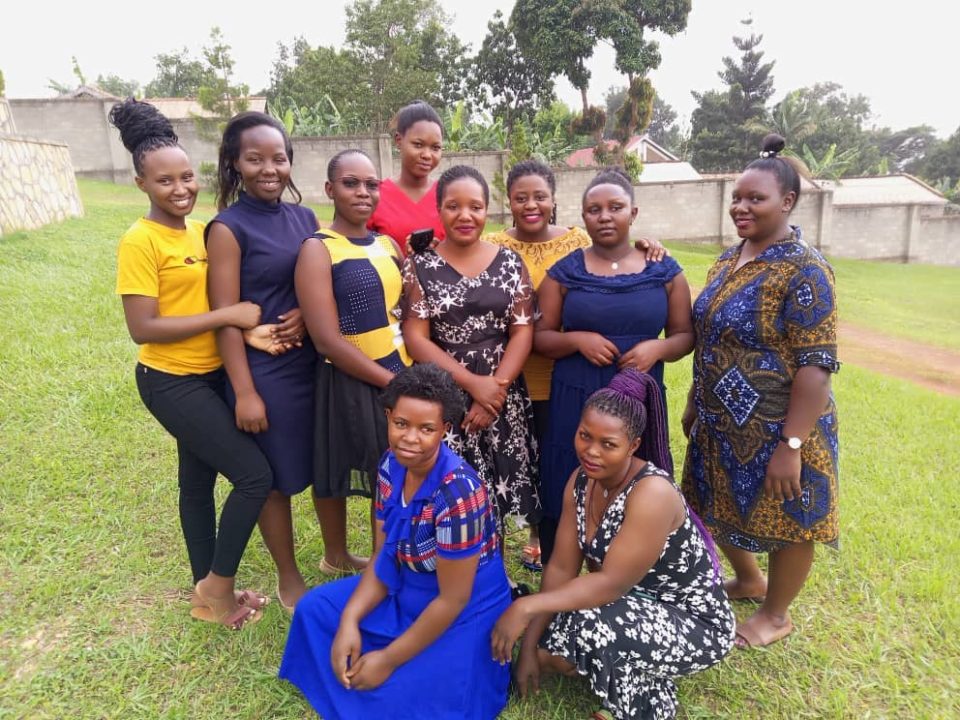The Local newsletter is your free, daily guide to life in Colorado. For locals, by locals.
Colorado filmmaker Shana Gilbert wasn’t looking to shake up the industry of the world’s favorite flavor when she went to Africa in 2005 to make a documentary. “I wanted to find a good story,” Gilbert says. “I had no intention of helping people or changing my whole life.”
But after becoming close with a group of young street kids in Uganda, she felt she couldn’t just up and leave them in a place where their futures didn’t look too bright. That’s why she stayed. For seven years Gilbert remained in Uganda, and with the help of friends who worked on fundraising back in Colorado, she eventually built a school that would educate 300 local kids.


After the kids got through school, though, they needed jobs. “If I was going to make real change, it wasn’t just educating everyone, it was getting them real jobs,” she says. “They want to work.”
Gilbert tried starting a taxi service, a hair salon, and a farm—but as volatile businesses that relied on the local economy, none of those endeavors did what she needed them to do: create viable, long-term employment opportunities for the youths she’d become close with during her time there. Then Gilbert heard about the vanilla industry, which is robust the world over.
Vanilla is a sluggish and fickle plant. A member of the orchid family, vanilla can only grow near the equator, and it doesn’t even start producing those tasty vanilla beans for three to five years after the vines have been planted. That’s when the real work begins. When the orchid flower opens, growers are on the clock to hand pollinate it before the flower dries out in the sun, falls off, and leaves behind the missed opportunity of a bean that will never develop. If the flower is pollinated in time, a single vanilla bean will grow, but it takes another six to nine months to mature.
Beans, once they’re ready, must be blanched, allowed to sweat, and cured. They’re swaddled in wool blankets and set out in the hot sun each day for a couple months so that the vanillin—the sweet, seductive flavor we enjoy so much—develops. Only after all that time and effort is the bean ready to be used to flavor our cookies, ice creams, and even beers. We love it, we clamor for it, and we’re willing to pay for it—vanilla is, in fact, the second-most expensive spice in the world, right after saffron.

Because the process is so labor intensive, there’s a seedy underbelly to the vanilla industry. Much like the diamond industry, it too often relies upon child labor.
“When you go to purchase vanilla, you have no idea what’s happening to those people who do the hard work,” Gilbert says. “Learning how to do it well so that everyone benefits is a tough conversation to have.”
Gilbert educated herself about how to produce vanilla responsibly and started Colorado-based the Sweetest Bean with childhood friend, and fellow Denverite, Laura Lind in 2020. Uganda is a prime spot for growing vanilla, and Gilbert says that everyone involved in the Sweetest Bean—from the farmers growing the vines at the base of the Rwenzori Mountains to the crew hand-picking the beans and coaxing out those vanillin flavors—are paid a fair wage and treated almost like family, because many of the workers nearly are. Some of the children she met while filming the documentary over 10 years ago now work for the organization—one of them runs the entire Kampala, Uganda–based program.
When the beans are ready, they’re shipped to Denver, where Gilbert and Lind brew them in small batches for that coveted extract or grind them into pure powders. Ugandan vanilla is known for its woodsy, almost chocolatey flavor, as well as the intensity of vanillin in the beans and ability to maintain its flavors, even when exposed to high heat.
While you may not know the Sweetest Bean’s name, you’ve probably tasted their beans, pure extract, and powder. They’re in New Belgium’s beers (breweries are their biggest customers for whole beans), Bear Creek Distillery’s spirits, M2 Confections’ marshmallows, and Little Man’s ice creams, including its addictive vanilla.

“Their vanilla is top rate, and it’s exciting to be involved with a local company that has a dedication to sourcing in Uganda,” says Little Man director of marketing Basha Cohen.
Gilbert and Lind hope to change the way we eat vanilla, or at least how it gets into our baked goods, via responsible sourcing and paying fair wages to the beans’ growers and cultivators. And it doesn’t hurt that this social change tastes sweet, too. “We call it basic, but really it’s what flavors everything you love,” Gilbert says.
The Sweetest Bean is sold in 15 states and counting, and you can find it online and locally at the Pearl Street, Louisville, and Parker farmers’ markets.










